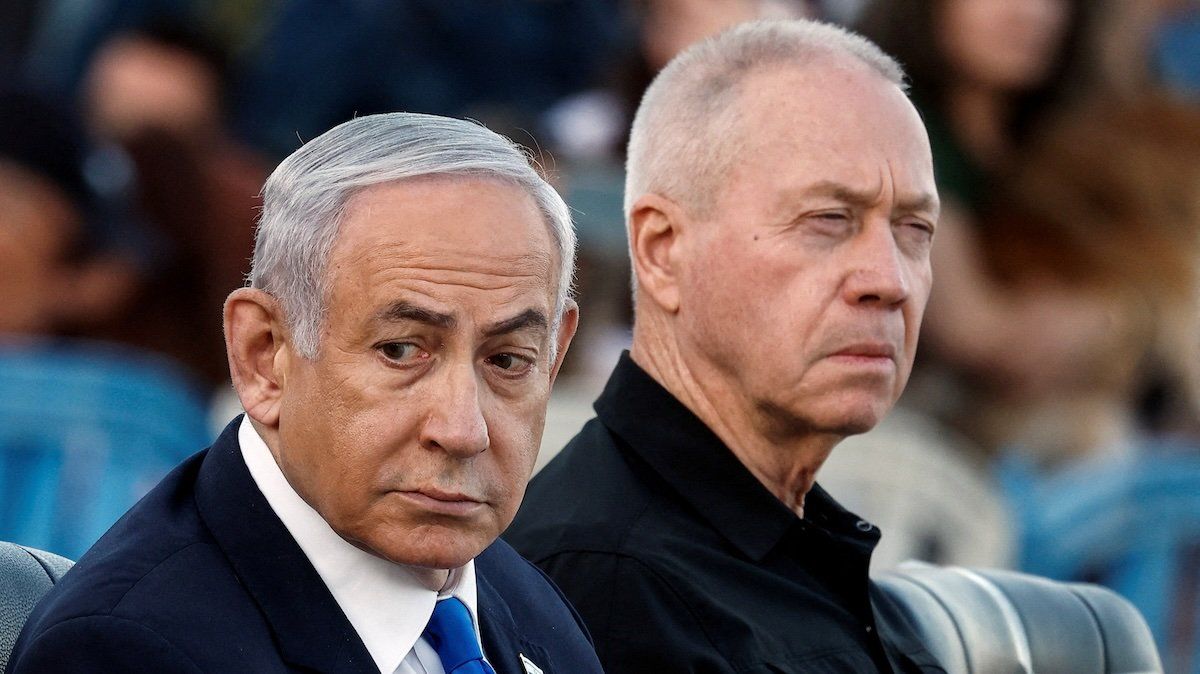ICC warrants for Bibi, Gallant will test respect for international law
The International Criminal Court on Thursday issued arrest warrants for Israeli Prime Minister Benjamin Netanyahu and former Israeli Defense Minister Yoav Gallant, accusing them of “crimes against humanity and war crimes” in Gaza — including using “starvation as a method of warfare” and “intentionally directing an attack against the civilian population.”
The court also issued a warrant for Mohammed Deif, the head of Hamas’ armed wing who Israel says was killed in an airstrike. The ICC said it’s not in a position to determine if Deif is dead.
The warrants for Netanyahu and Gallant are emblematic of the growing schism between Israel and the international community amid the Gaza war, and perhaps the sharpest rebuke yet of the Jewish state’s prosecution of the conflict. The move came as the death toll in Gaza surpassed 44,000, according to Palestinian officials.
Will Netanyahu be arrested? Not in Israel or the US, neither of which belongs to the ICC or recognizes its authority. Both countries swiftly condemned the court over the warrants.
The ICC also doesn’t have a police force and relies on member states to make arrests — and the court doesn’t try defendants in absentia. But Netanyahu and Gallant could potentially be arrested and tried if they travel to any of the 124 countries that are ICC member states, including the entire EU.
These warrants will pose a test for Israel’s Western allies if Netanyahu ever plans to visit, and raises questions over how they should interact with the Israeli leader more generally.
The EU’s foreign policy chief, Josep Borrell, said the ICC arrest warrants are “binding” on all countries in the bloc given they’re party to the Rome Statute — the international treaty that established the court. Canada and several European countries have already signaled they’ll abide by the warrants.
We’ll be watching for signs of how these countries plan to handle relations with Netanyahu moving forward — and whether they’ll choose maintaining close ties with Israel over upholding international law.
